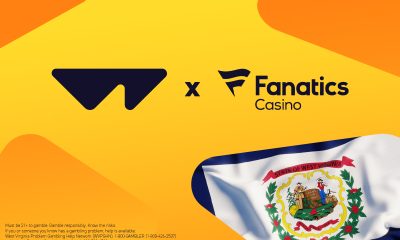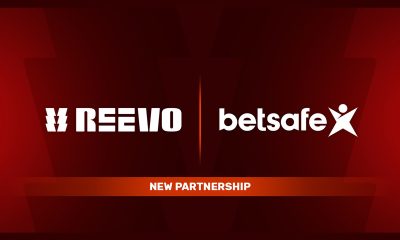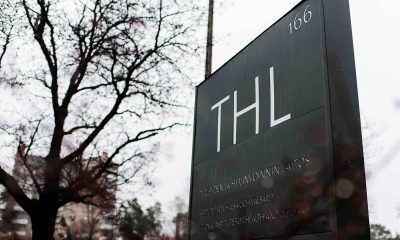FanDuel
FanDuel and NBA Partner to Bring Fans Three Months of NBA League Pass
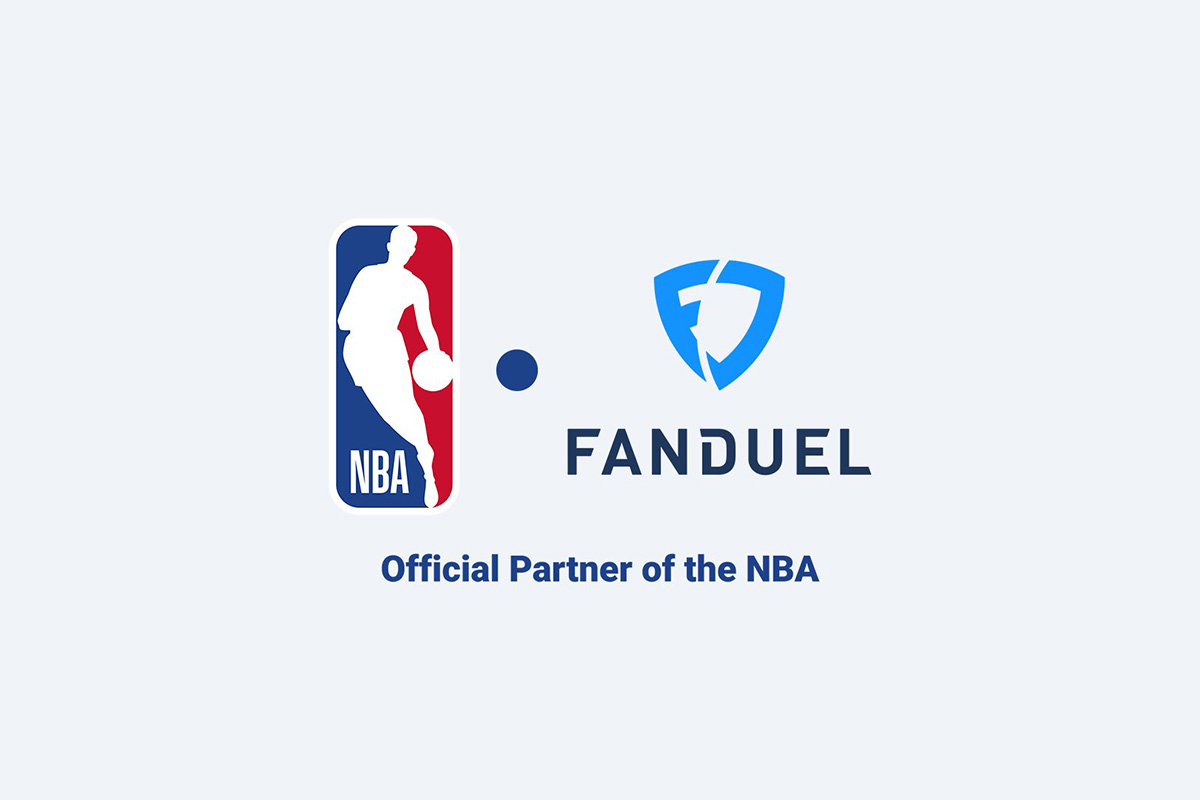
FanDuel, North America’s premier online gaming company and an Official Sports Betting Partner of the National Basketball Association (NBA), has become the only U.S. sports betting operator offering fans three months of NBA League Pass. The sportsbook is also introducing an exciting new product feature that will help fans bet on key moments in a game in real-time to start the season.
To help fans catch every moment live this season, between October 19 and October 26, new FanDuel Sportsbook customers who place a $5 bet will receive three complimentary months of NBA League Pass and $200 in Bonus Bets. Existing customers who bet $5 on the NBA will also receive three complimentary months of NBA League Pass, allowing fans to watch and wager live on all out-of-market games. Fans can take advantage of the NBA League Pass offer through December 11. Additionally, fans who are part of the league’s global membership program – NBA ID – will have access to special benefits and offers via FanDuel.
“FanDuel is committed to offering the top sportsbook product on the market and elevating the entertainment experience for fans this NBA season. This year, we’re leveraging the power of our NBA partnership and our industry-leading platform to create an ecosystem where fans can bet on pivotal moments in a game in real-time and watch to see the results, elevating their sports betting and entertainment experience,” Mike Raffensperger, Chief Commercial Officer of FanDuel, said.
The Pulse is a new curated experience on FanDuel Sportsbook that follows the biggest storylines in sports and offers live bets on the moments that matter most. As the action unfolds, new bets will be added to the feed in a narrative-driven format, offering fans a simple and streamlined path to discover what is happening in a game in real-time. This will allow fans to wager on a point guard picking apart the defense or on a forward who is lighting up the scoreboard and dropping his next three. The Pulse is available on the FanDuel homepage through the Live Now icon during the biggest primetime games.
For the first time, FanDuel is offering Live Same Game Parlay betting across every NBA game this season, further enhancing the in-game betting and entertainment experience for fans. Through Live Same Game Parlay, fans can build parlays as the action unfolds during a game, creating new opportunities to engage with a match-up every quarter.
BetMGM
Octoplay Goes Live in Michigan
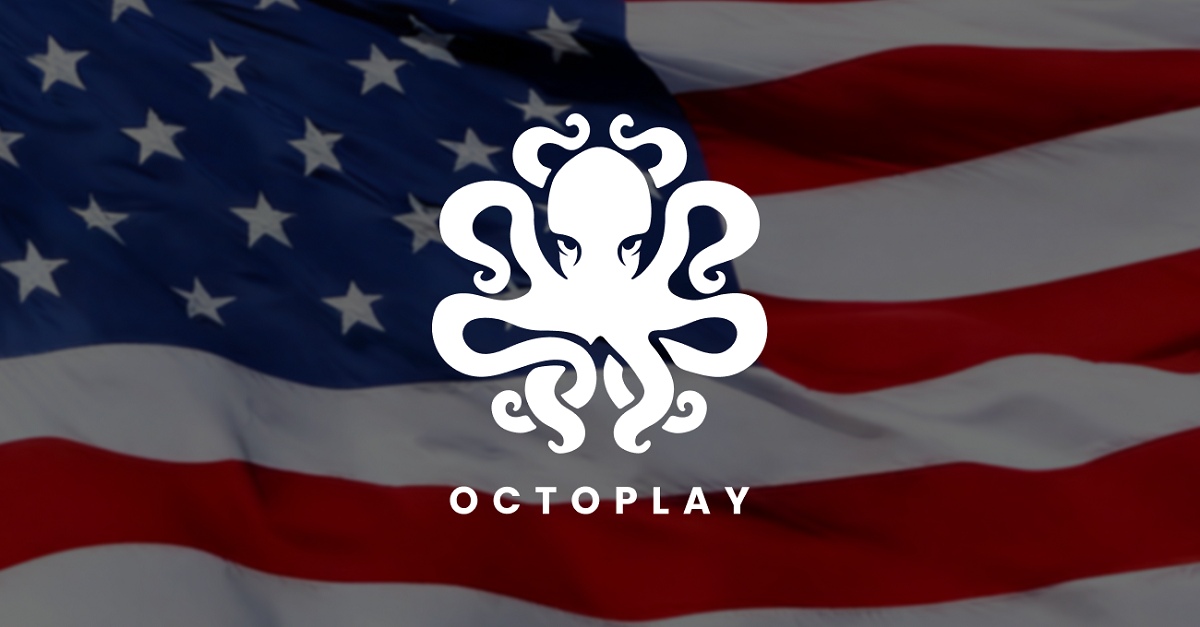
Octoplay is now live in Michigan across BetMGM, FanDuel, Fanatics, and Rush Street Interactive, marking the company’s second U.S. state and largest coordinated market entry to date. The simultaneous go-live with four tier-one operators arrives less than six months after Octoplay’s United States debut in New Jersey.
Since its founding in October 2022, Octoplay has secured active licenses across thirteen regulated jurisdictions, including the United Kingdom, New Jersey, Ontario, Michigan, the Netherlands, Sweden, Denmark, Belgium, Malta, Italy, Greece, Romania, and Slovakia. Michigan extends that momentum into the U.S. As one of the top three states by iGaming revenue, it represents a significant market, and Octoplay enters it with four tier-one operators live from day one.
“Just months after our New Jersey debut, Michigan represents the next phase of our U.S. expansion,” says Ralitsa Georgieva, Director of Business Development at Octoplay. “Launching simultaneously with four leading operators shows the confidence the market has in our content. We expect to carry this momentum into additional states throughout 2025.”
Earlier this year, Octoplay ranked first among U.S. rising suppliers by overall index in H1 according to Eilers & Krejcik, underscoring the company’s accelerating trajectory. With Michigan now live and additional state applications in progress, Octoplay is positioned to extend its North American footprint throughout 2025 and beyond.
The post Octoplay Goes Live in Michigan appeared first on Americas iGaming & Sports Betting News.
FanDuel
FanDuel Introduces “Play with a Plan”: A Research-Based Approach to Responsible Gaming
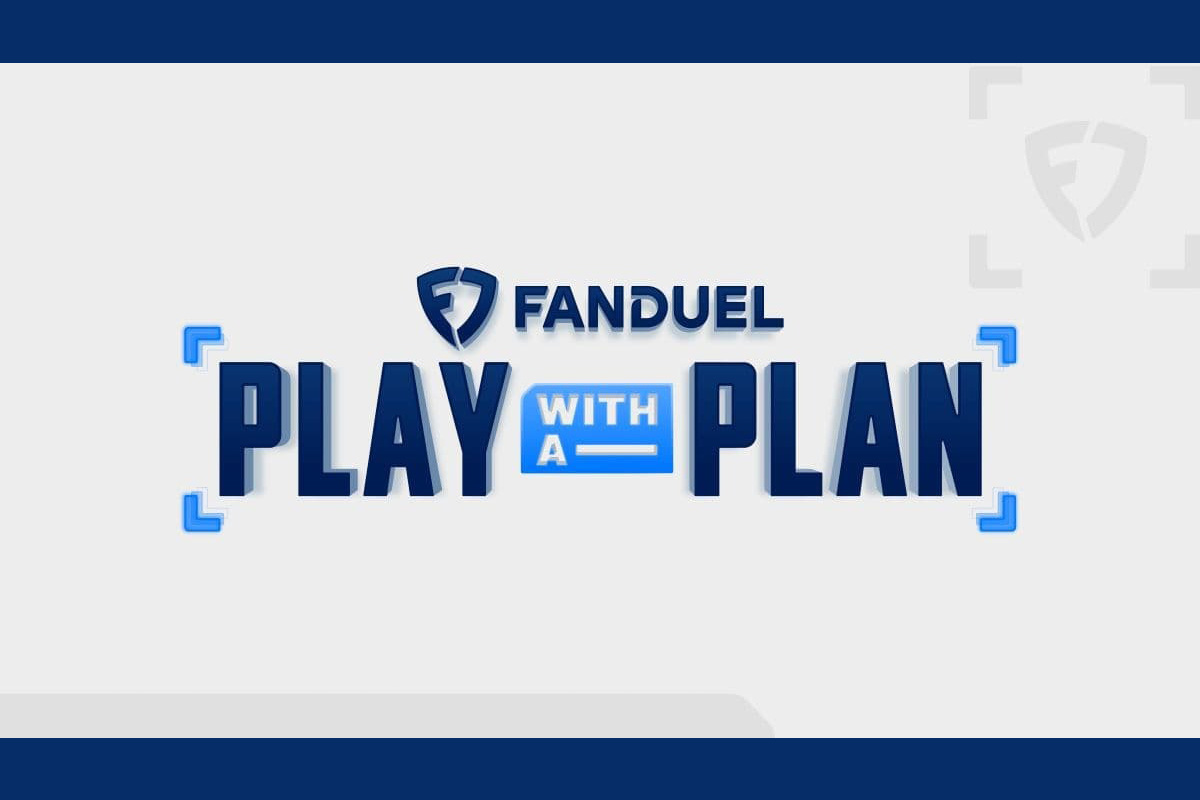
Many responsible gaming messages tell players what not to do. FanDuel’s new “Play with a Plan” campaign flips that script, empowering customers to make their own informed decisions about their individual play.
“Play with a Plan” is a comprehensive initiative across all FanDuel products. Guided by behavioral research, the program features existing responsible gaming tools in a manner that promotes introspective decision-making and proactive gaming management rather than restrictive messaging.
The launch builds on the proven success of FanDuel’s Responsible Gaming program, which reached a milestone last year as responsible gaming tool usage increased 41% year over year—achieving the highest participation rate in company history.
About “Play with a Plan”
Just as people wear seatbelts not because they expect an accident, but as a standard safety practice, planning one’s play becomes a universal approach to improve how players engage with the platform, regardless of their current play style.
“Play with a Plan” helps to empower customers to evaluate their gaming habits proactively, providing actionable guidance that emphasizes what players can do while reinforcing FanDuel’s commitment to meaningful consumer protections in regulated online sports betting. It works to reframe the conversation around responsible gaming by treating it like any other smart habit.
The initiative also follows FanDuel’s parent company, Flutter’s, Positive Impact Plan which included an annual $100 million investment in Responsible Gaming.
“This refreshed platform was purposeful and reflects the research we’ve done to rethink how Responsible Gaming is communicated most effectively to consumers. These insights shaped everything from the development of our messaging to ongoing innovation across our tools. FanDuel remains focused on making Responsible Gaming more intuitive and inviting for customers,” said Cory Fox, Senior Vice President of Public Policy and Sustainability at FanDuel.
Key Responsible Gaming Features
The “Play with a Plan” initiative encourages users to interact with responsible gaming tools to fit their preferred gaming experience, including:
My Spend, a dashboard providing customers with detailed insights into their deposit and betting activity over week, month, and three-month periods.
Loss Limits, which allows users to set a limit on the amount of money they are willing to risk daily, weekly, or monthly.
Deposit Alerts, which enables customers to establish daily, weekly, and monthly budget parameters with automated notifications.
FanDuel’s industry-leading initiative to customer protection also includes Real-Time Check-In. Launched in 2025, Real-Time Check-In uses machine learning and deposit data to help customers manage spending in real time across sportsbook, racing, casino products, providing proactive safeguards and rich information to enable informed spending decisions.
Multi-Channel Approach
FanDuel is taking a more integrated approach than ever before to raise awareness of its RG features, leveraging a multi-channel strategy including television, programmatic, social, and audio, with high-impact placements to maximize effectiveness.
This comprehensive marketing investment reflects FanDuel’s commitment to treating responsible gaming as a core platform feature worthy of significant support.
RG Education and Community Engagement
RG efforts extend beyond in-app features, reflecting the brand’s belief that strong consumer protections must be paired with continued education and open conversation.
Supported by strategic advisor Keith Whyte and storytelling initiatives such as FanDuel TV’s “The Comeback,” hosted by Responsible Gaming ambassador Craig Carton; and “Trusted Voices,” featuring former NBA player Randy Livingston and his wife Anita Smith, FanDuel works to reduce stigma and encourage informed dialogue around gambling addiction and recovery.
FanDuel’s innovative Responsible Gaming sweepstakes campaigns, developed in partnership with major league partners, generated over 550,000 participants in 2025 and drove meaningful tool adoption, with My Spend campaign resulting in 56% of participants returning to use responsible gaming tools within 90 days.
FanDuel aims to continue setting the standard for consumer protection as a licensed and regulated operator, with Responsible Gaming built directly into the customer experience.
The post FanDuel Introduces “Play with a Plan”: A Research-Based Approach to Responsible Gaming appeared first on Americas iGaming & Sports Betting News.
Bet Tracking
FANDUEL AND FANDUEL SPORTS NETWORK CONTINUE BROADENING STRATEGIC PARTNERSHIP WITH LAUNCH OF BET TRACKING ACROSS SELECT NBA AND NHL GAMES
FanDuel, the premier online gaming company in North America, and Main Street Sports Group, owner of FanDuel Sports Network, the largest holder of local sports media rights, announced the launch of Bet Tracking, an interactive viewing feature that now allows fans in select markets to follow their FanDuel Sportsbook bets in real time while watching live NBA and NHL games on FanDuel Sports Network. Now live, in the markets where online sports betting is legal, the new integration marks another milestone in creating an interactive, participatory viewing experience for local fans.
Over the past year, the strategic partnership between FanDuel and Main Street Sports Group has helped enhance the local sports viewing experience and deepen FanDuel’s presence in regional markets. Built on FanDuel Sports Network’s in-house technology platform and powered by FanDuel’s account-linking system, Bet Tracking bridges live game action with fans’ wagers, updating in real time as play unfolds.
Bet Tracking has officially launched across select FanDuel Sports Network NBA broadcasts including the Cleveland Cavaliers, Charlotte Hornets, Detroit Pistons, Indiana Pacers, and Memphis Grizzlies, as well as NHL coverage of the Carolina Hurricanes, Columbus Blue Jackets, Detroit Red Wings, Nashville Predators, and St. Louis Blues. The feature is available to fans in those markets by logging onto FanDuelSportsNetwork.com or the FanDuel Sports Network app using their direct-to-consumer (DTC) or pay-TV credentials, as well as Prime Video.
“The integration of Bet Tracking into live NBA and NHL games on FanDuel Sports Network represents another significant milestone in our partnership and our commitment to delivering an unparalleled viewing experience to fans,” said Mike Raffensperger, President of Sports, FanDuel. “Over the past year, our partnership with FanDuel Sports Network has elevated our brand presence, deepened engagement across our products, and proven the impact of combining live local sports with interactive technology. We look forward to continuing this successful partnership and exploring new ways to collaborate in the future as we remain committed to driving innovation at the intersection of sports entertainment and betting.”
In addition to bet tracking, the partnership has introduced additional fan-first experiences, including:
- Account linking capabilities, so fans can connect their FanDuel Sportsbook account directly to FanDuel Sports Network, enabling the Bet Tracking feature and making it simpler to toggle between the two offerings.
- Expanded on-screen odds integrations into nightly NBA and NHL broadcasts, giving viewers up-to-date information during the same markets and broadcasts where Bet Tracking is available.
- Broadened live content portfolio including shared premier live events rights such as EuroLeague Basketball and PDC Darts, plus syndicated content from The Ringer that provides betting insights powered by FanDuel odds.
- Exclusive offers including a “Bet $5, Get 3 Months on Us” promotion in which customers who place a $5 bet in FanDuel Sportsbook or enter any paid FanDuel daily fantasy contest will receive a trial subscription to FanDuel Sports Network’s DTC streaming service.
- Joint activation around Missouri’s Sportsbook launch featuring in-market events, on-air integrations and promotions, and elevated VIP experiences tied to the state’s legalization of online sports betting on December 1.
“In markets where FanDuel Sports Network and FanDuel’s Sportsbook operate together, we’re seeing meaningful, sustained growth,” said Eric Ratchman, Chief Revenue Officer, Main Street Sports Group. “Fans who engage with FanDuel’s on-screen integrations are watching nearly twice as many games per season and staying connected with our product more than 40 days longer on average. That level of engagement underscores the power of how this partnership is helping to shape the future of local sports viewing.”
A Transformational Year of Growth and Innovation
Since the partnership’s launch last fall, FanDuel and FanDuel Sports Network have introduced a series of fan-first experiences that have expanded access, elevated engagement, and deepened local market connections. Key accomplishments from the first year include:
- Rebranding 15 regional networks under the FanDuel Sports Network name, making FanDuel a household brand across millions of homes.
- Launching new in-game odds integrations with the Cincinnati Reds and Detroit Tigers.
- Shared commitments to promoting responsible gaming using FanDuel Sports Networks reach to encourage viewers to use FanDuel’s responsible gaming tools and highlight available support resources.
- Introducing exclusive offers for DTC subscribers.
- Expanding programming by simulcasting FanDuel TV’s Up & Adams and Run It Back on FanDuel Sports Network.
The post FANDUEL AND FANDUEL SPORTS NETWORK CONTINUE BROADENING STRATEGIC PARTNERSHIP WITH LAUNCH OF BET TRACKING ACROSS SELECT NBA AND NHL GAMES appeared first on Americas iGaming & Sports Betting News.
-

 Amusnet5 days ago
Amusnet5 days agoWeek 7/2026 slot games releases
-

 Aphrodite’s Kiss5 days ago
Aphrodite’s Kiss5 days agoLove on the Reels: Slotland Introduces “Aphrodite’s Kiss”
-

 Finnish Institute for Health and Welfare7 days ago
Finnish Institute for Health and Welfare7 days agoFinland’s Health Authority Launches “2-4-2” Gambling Risk Limits Ahead of Expected Advertising Boom
-

 Latest News7 days ago
Latest News7 days agoWinSpirit’s UnValentine’s Day: A New Take on February Engagement
-

 Bryndís Hrafnkelsdóttir7 days ago
Bryndís Hrafnkelsdóttir7 days agoNOVOVISION Implemented at the University of Iceland Lottery
-

 Denmark6 days ago
Denmark6 days agoRoyalCasino Partners with ScatterKings for Company’s Danish Launch
-

 Balkans7 days ago
Balkans7 days agoExpanse Studios Signs Content Distribution Deal with Lobbet
-

 40 Treasures7 days ago
40 Treasures7 days agoCT Interactive Enters into Partnership with Mozzartbet.rs









